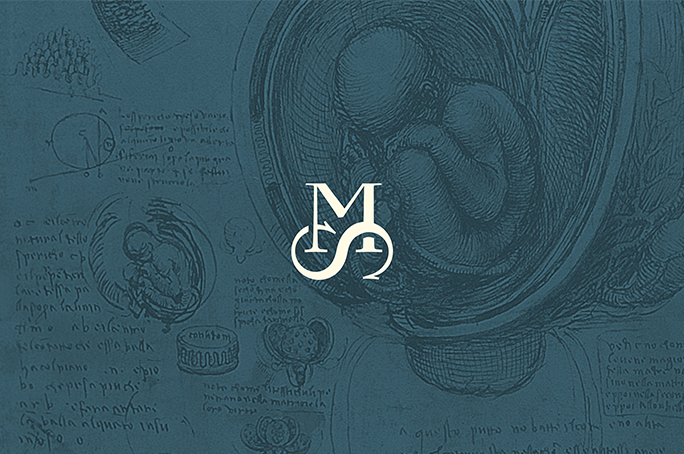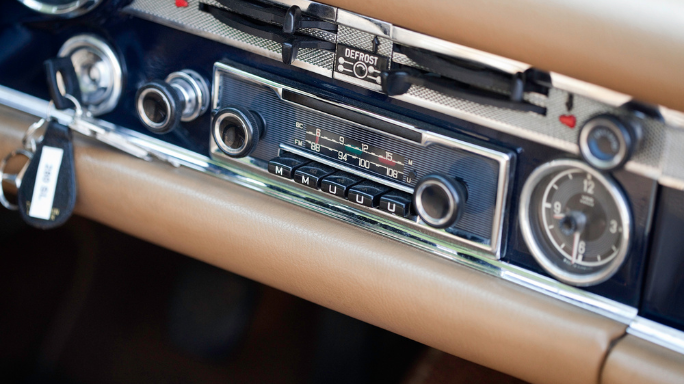MUSTS completed research projects
On this page, you find a selection of completed MUSTS research projects.
Artful Participation: Doing Artistic Research with Symphonic Music Audiences
The Artful Participation project was a four-year NWO-funded collaboration between the Faculty of Arts and Social Sciences, Zuyd Hogeschool and the South Netherlands Philharmonic.
The project sought to improve the quality of audience participation by innovating the symphonic music practice. It combined strategic research into reasons for the declining interest in symphonic music with artistic research to innovate this practice in an artistically relevant way. This artistic research took place in three experiments with new forms of audience participation. 2 PhD candidates and 1 post-doctoral researcher was involved.

Advancing Microscopy: New Media and Citizen Microscopists in Nineteenth-Century Britain and America
This PhD project by Lea Beiermann researched how new kinds of media – like the burgeoning microscopy publications in nineteenth-century Britain and America – spurred the formation of heterogeneous science, technology and medicine communities.

Making Clinical Sense: A Comparative Study of how doctors learn in digital times
Making Clinical Sense was a project that described, analysed, rethought and redesigned the material conditions of learning sensory, bodily skills. By attending to the everyday material practices of training doctors (such as the use of physical models, blackboard drawing, making and watching video, searching online images and peer-to-peer learning) across place and over time, the research team has offered unique insights into how the way people learn connects with what they learn. Making Clinical Sense received funding from the European Research Council.

Nature’s diplomats: Ecological experts and the conservation policy of international organizations (1920-2000)
The NWO-funded VIDI-project ‘Nature’s Diplomats: Ecological Experts and the Conservation Policy of International Organizations, 1920-2000’ explored the practices and ideas behind the broadly shared assumption that environmental problems are global, and that we should address them by resorting to a neutral and universal science. To this end, the type of expert with a very long track record in international organisations was studied: the ecologist specialised in the protection of species, landscapes and habitats.

Science and World Order: Uses of science in plans for international government, 1899-1950
The project '“Science and World Order”: Uses of science in plans for international government, 1899-1950' sought to understand the role of science in plans for international government in the first half of the twentieth century.
In an era of two world wars, permanent international crisis, and rampant nationalism, the rationality, neutrality and efficiency of science seemed to offer the most promising guide to better international relations to many political thinkers. Belief in a scientific world order informed an array of initiatives. Using case-studies as the empirical basis, this project uncovered and historicized a number of these initiatives across the political spectrum and in different national contexts.
This Marie Curie International Outgoing Fellowship project (2014-2017) involved a collaboration between MUSTS, Columbia University, New York City, and the Max Planck Institut für Wissenschaftsgeschichte in Berlin. It was funded by the EU’s FP7’s People Programme, and brought Geert Somsen, the PI, to the latter two institutions for two and a half years.
The project moved between STS, history of science, and international history. It sought to understand the role of science in plans for international government in the first half of the twentieth century. In an era of two world wars, permanent international crisis, and rampant nationalism, the rationality, neutrality and efficiency of science seemed to offer the most promising guide to better international relations to many political thinkers. Belief in a scientific world order informed an array of initiatives, including the influential British writer H.G. Wells’ campaign for a World State, the creation of UNESCO, and the Scienza Universale manifestation at the World Exhibition in Mussolini’s Rome.
Using case-studies as the empirical basis, this project uncovered and historicized a number of these initiatives across the political spectrum and in different national contexts. For this purpose it combined the PI’s background in the history of science with training in international history at the Center for International History of Columbia University, New York.

Sonic skills: Sound and Listening in the Development of Science, Technology and Medicine (1920-now)
'Sonic skills' has been dedicated to studying the role of sound and listening in the development of science, technology and medicine, from the 1920s to today.
The Sonic Skills research project consisted of seven sub-projects:
- Listening to Machines
- Recording and Listening Practices in the Biology of Bird Song
- Sensory Skill in Laboratory Practice
- Listening in the Hospital
- Sonification of Scientific Data
- Project Synthesis
- Sonic Science Festival

Abandoning technology: Understanding the dynamics of technological trajectories of phase-out
In his PhD project 'Abandoning technology: Understanding the dynamics of technological trajectories of phase-out', Zahar Kortesky researched how technologies have been abandoned.
Technologies have been abandoned in the past. Examples are aerosols, the inefficient light bulb, DDT, coal and nuclear power. They are also abandoned on a day-to-day basis as new generations of devices or techniques replace older ones. What happens to technologies such as these? What happens to the knowledge base, the proprietary regimes, the professional communities, the users, the governmental stakes? How does these processes unfold? Understanding the dynamics of trajectories of phase-out will likely be increasingly important in the coming decades as environmental, social and economic pressures align and reinforce each other.

Listening on Display: Exhibiting Sound Art 1960s-now
In the PhD project 'Listening on Display: Exhibiting Sound Art 1960s-now', Linnea Semmerling examined how the rise of sound art in art museums in Germany and the United States (1960-now) has challenged existing curatorial strategies by asking: What aesthetic-experiential and technological challenges have artists felt faced with when positioning their sound works in a museum context? How have curators dealt with artists’ conceptions of sound art, the everyday reality of the museum, and the technologies available? How have museum visitors experienced and evaluated sound art works? How can the answers to these questions inform new curatorial strategies for displaying sound art?

Talking You Through: Traffic Information and Car Radio, 1950s-now
In this PhD project, Marith Dieker examined the history and contemporary practices of traffic radio in the United States, Germany and The Netherlands (1950s-now). Which technologies and organisational forms have been developed to gather and transmit traffic information across radio? How has this information been presented to and appropriated by drivers? And how can a historical-comparative understanding of traffic radio inform us on high-quality traffic information today and contribute to sustainable mobility?

Mental Health Expertise Online: The enactment of expertise on bipolar disorder on online platforms in English and French
In this PhD project, Claudia Egher examined how expertise about bipolar disorder is enacted on different types of online platforms in English and French. Each online platform possesses different affordances, that is, different functional and relational aspects which frame one’s possibilities for action. How specific affordances are used depends on the position and resources stakeholders have at their disposal, on cultural traditions, and on the intended audiences. This project will contribute to a better understanding of how the Internet has transformed the relations between stakeholders in the field of mental health, and of how distinct cultural perspectives and social values inform online contributions.

History of sound: a Smart Audiobook for the Car
With the project 'History of sound: a Smart Audiobook for the Car', Prof. Karin Bijsterveld aimed to develop a new type of audio book which focuses in both its form and content on the motorist. By making the audiobook—an audio CD plus downloadable files—partially GPS-based, the audio stories can match the scenery experienced by the motorist at a particular location on the road. In terms of content, the audiobook is about the history of sound in and around the car. Its three stories are intended to raise the environmental awareness of motorists.

- Terra Mosana
- Artful Participation: Doing Artistic Research with Symphonic Music Audiences
- Advancing Microscopy: New Media and Citizen Microscopists in Nineteenth-Century Britain and America
- Making Clinical Sense: A Comparative Study of how doctors learn in digital times
- Nature’s diplomats: Ecological experts and the conservation policy of international organizations (1920-2000)
- Science and World Order: Uses of science in plans for international government, 1899-1950
- Sonic skills: Sound and Listening in the Development of Science, Technology and Medicine (1920-now)
- Abandoning technology: Understanding the dynamics of technological trajectories of phase-out
- Listening on Display: Exhibiting Sound Art 1960s-now
- Talking You Through: Traffic Information and Car Radio, 1950s-now
- Mental Health Expertise Online: The enactment of expertise on bipolar disorder on online platforms in English and French
- History of sound: a Smart Audiobook for the Car

